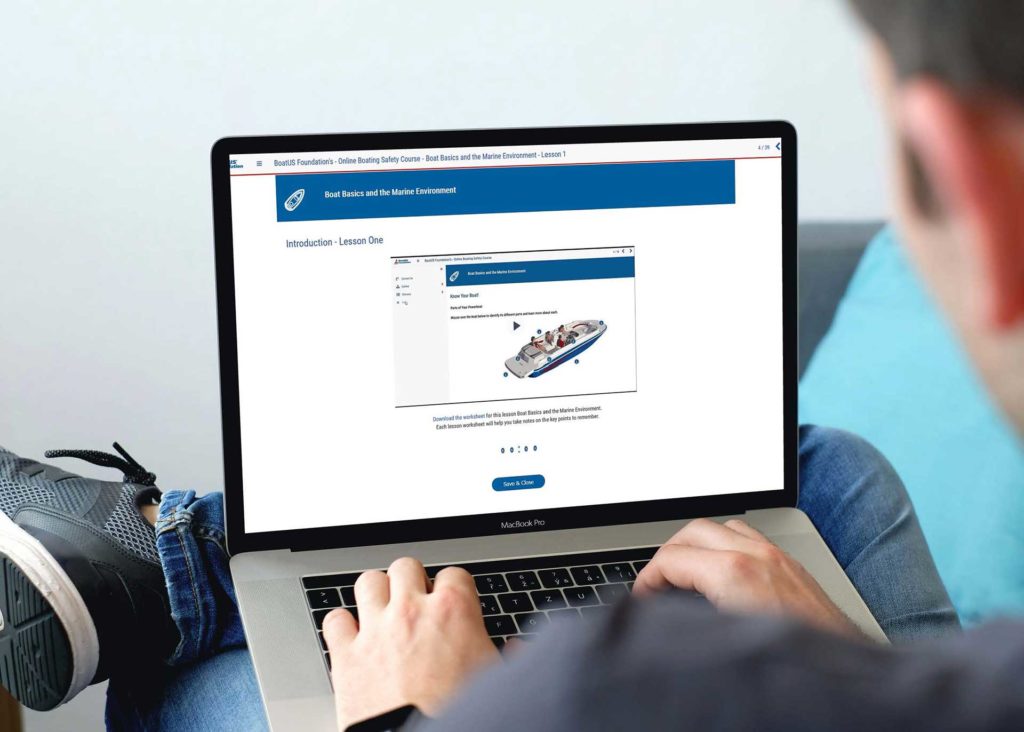
-National Boating Safety Experts Say the Pandemic Likely Created a Surge in Boater Education and an Unprecedented Shift to Virtual Training-
ORLANDO, Fla. – March 16, 2022 – The Water Sports Foundation reports a major surge in boater education enrollment across the nation, marked by new online delivery trends. As the non-profit educational arm of the Water Sports Industry Association (WSIA), the Water Sports Foundation attributed the surge to record-setting growth in recreational boating activity and a 35% increase in first-time boat ownership in 2020, brought on by the COVID-19 pandemic.
“We are pleased to report that demand for boater education is on the rise,” said Water Sports Foundation Executive Director Jim Emmons. “With 415,000 first-time boat buyers taking to the waterways and traditional classroom instruction temporarily stymied in 2020 and much of 2021 due to Covid mandates, there was initial concern that new boaters might not have access to critical boating safety education. However, an informal survey of several leading boating safety education providers conducted by the Water Sports Foundation has revealed a positive uptick in instructional enrollment along with emerging trends in online delivery methods.”
Dave Fuller, director of education for the U.S. Coast Guard Auxiliary’s Recreational Boating Safety Programs, oversees the organization’s robust national training program. It includes a mix of traditional, instructor-led classroom modules (which have resumed), along with live instructor-led virtual classes which were launched in the Spring of 2020 in direct response to the pandemic.
“The pandemic focused our attention on quickly providing the means for our local units to resume teaching boating safety during a time that classroom teaching was impossible,” said Fuller. “The need for education is ongoing and remains a critical factor in reducing accidents so boaters can make better decisions and enjoy safer time on the water.”
While live classroom training is back, the U.S. Coast Guard Auxiliary now offers a mix of both live and virtual training options, which Fuller expects will be “the new norm” going forward.

“The temporary approvals from NASBLA (National Association of State Boating Law Administrators) and the states to deliver education by virtual means will become a standard method of education delivery alongside classroom delivery,” Fuller said.
NASBLA is a national nonprofit 501(c)3 organization that develops public policy for recreational boating safety and represents the recreational boating authorities of all 50 states and U.S. territories. It provides a variety of resources including training, education standards and more, working through a national network of thousands of professional educators, law enforcement officers and volunteers which affect the lives of more than 76 million American boaters.
According to NASBLA Education Director Mark Chanski, the number of individuals earning boating certificates has been on an upward swing since the pandemic, which was initially problematic in states that required in-person boating education. In response to this dilemma, NASBLA’s executive board approved the use of virtual technology in April 2020 to deliver boating education for a 90- day period to flatten the curve. As the pandemic surged, that emergency authorization was extended on multiple occasions and is currently in effect through December 31, 2022, as new guidelines are proposed. To date, Chanksi says 31 states are allowing the use of virtual technology to deliver boating education to meet their requirements that lead to boating certification.
“During this time, it became clear that the use of virtual technology had many advantages and the NASBLA Executive Board authorized the development of permanent guidelines that will allow virtually taught boating education permanently,” Chanski said.
As a result, boaters today have greater access to boating safety education than ever before, live or virtual led sessions, to online recorded courses that cover the basics, to a plethora of published content available via blogs.
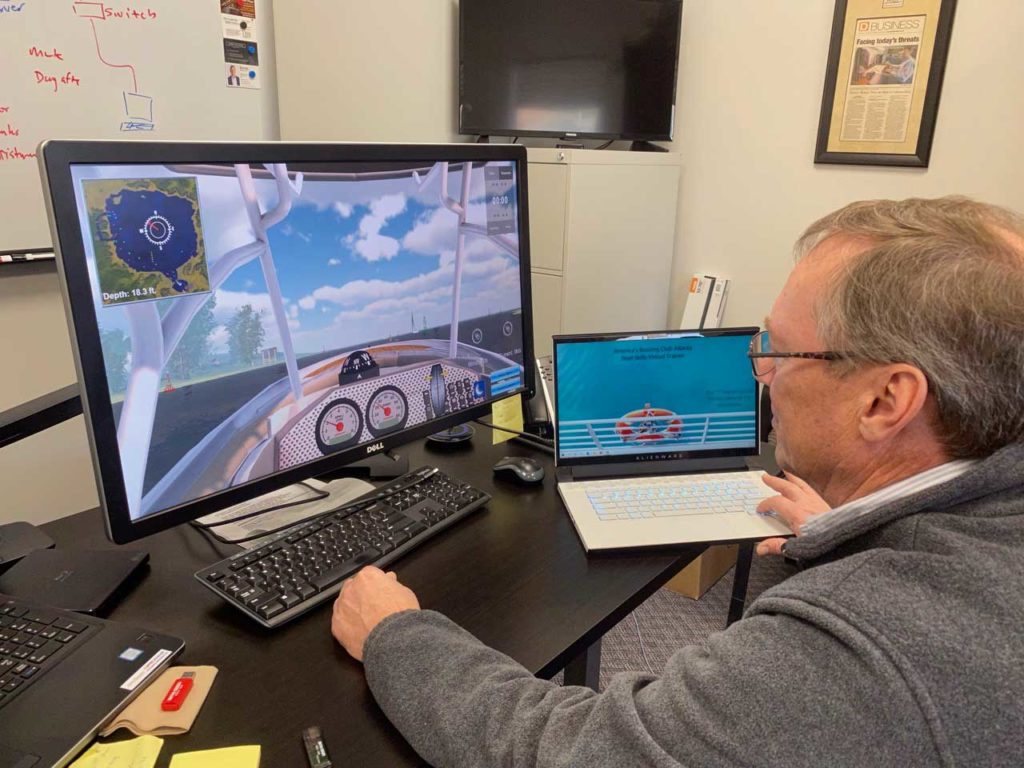
Chris Edmonston, president of the BoatU.S. Foundation, says his organization offers multiple boating safety programs, ranging from a free online basic boating course approved for most state education requirements, to more than a dozen online advanced courses and on-water boat handling courses. The organization leverages current technology to package and provide programming through multiple platforms.
Kalkomey Enterprises’ Rebecca Medeiros who oversees agency relations said her organization offers four NASBLA- and state-approved online courses which include state-specific boating safety information adhering to national standards, along with interactive courses found at ilearntoboat.com and a standard online course at boat-ed.com.
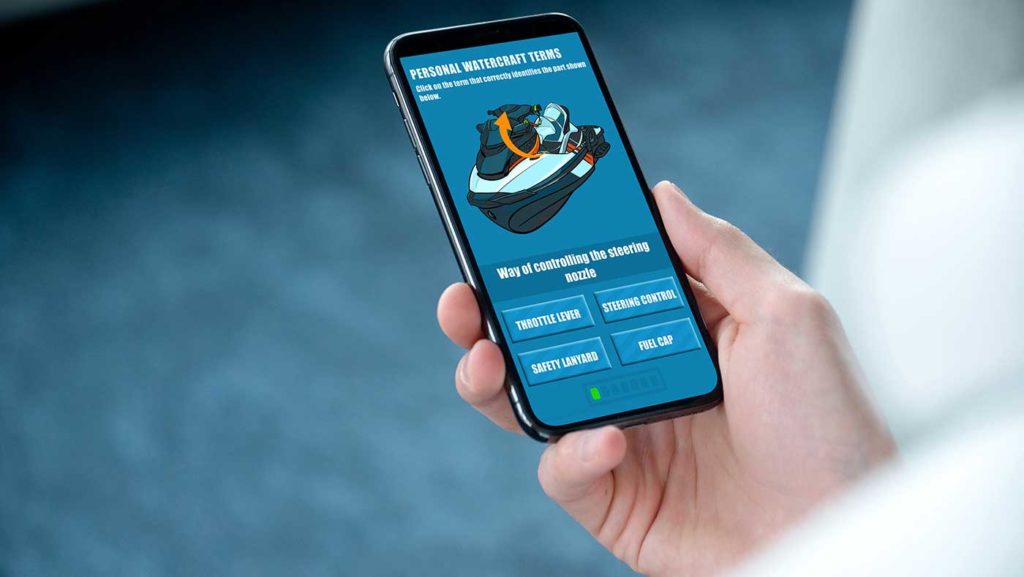
“Our courses are created with emphasis on student user experience, curriculum development, and engaging interactive elements supported by videos, animations, and more,” Medeiros said. “Our former text-based course with video and interactive elements has transformed into a fully interactive experience that positions students in the virtual driver’s seat, incorporating elements of gaming with rewards, consequences and motivational achievements.
“Students can cruise through a self-guided learning experience at the helm while experiencing everything from putting out an onboard fire to docking the boat under various wind conditions,” Medeiros added.
Besides the notable increase in course completions during Covid, Medeiros said the pandemic also provoked a swell of participation in online boating forums. Hot topics including paddlesports education, advanced hands-on training and mandatory boater requirements were among the most popular discussions in boating circles across the U.S., she said.
Beth Spilman, executive director of the American Canoe Association (ACA), says education and safety ranks #1 for products and services sought by her organization’s members who are part of a network of more than 500 local affiliated clubs and organizations. Members range from elite level racers and internally recognized instructors to novices and beginning paddlers.
“As has been noted in both participation studies and research and corresponding sales and purchasing habits during the recent COVID years, the public interest in outdoor recreation activities has spiked in recent years. Paddlesports are no exception, and the number of people purchasing paddling equipment has skyrocketed,” Spilman said.
“At this time, ACA conducts primarily in-person, experiential training and education,” she added. “We have begun hybrid and online programs within the past few years and have secured both federal and non-federal funding to expand our hybrid and online offerings in order to reach and serve more people with relevant, quality, and engaging paddlesports education and materials.”
NauticEd, a boating safety educator specializing in the sailing niche, has trained more than 100,000 sailors. NauticEd includes a series of online theory classes, coupled with an optional on-water, one-on-one training component taught by certified instructors. Director of Education Grant Headifen says online course sign-up rose significantly during the pandemic.
“People needed something to do and going online to learn made it simple to gain sailing theory knowledge while they waited to get back out on the water,” Headifen said. “Additionally, people have retrained themselves to work in a digital environment from home and so digital self-education has become the new norm. We provide easy and inexpensive access to the information which contributes to the overall trend. The easier the access, the more people will consume information.”
For an abbreviated listing of boating safety and educational providers, visit the National Boating Safety Resource Center: Boating Safety Education – Water Sports Foundation
About The Water Sports Foundation
Headquartered in Orlando, Florida, the Water Sports Foundation is the non-profit educational arm of the Water Sports Industry Association (WSIA.net). Since 2011, the WSF has received U.S. Coast Guard boating and paddling safety outreach funding through their non-profit grant program. The Sport Fish Restoration and Boating Trust Fund administered through Congressional action provides funding for the U.S. Coast Guard’s recreational boating safety initiatives. For more information contact the WSF at 407-719-8062 or visit www.watersportsfoundation.com
###
Media Contacts
Wanda Kenton Smith
WSF Communications Director
PH/TEXT: 407.697.8055
Email: wanda@watersportsfoundation.com
Joel Staley
WSF Media Relations
PH/TEXT: 407-242-9994
Email: joel@watersportsfoundation.com
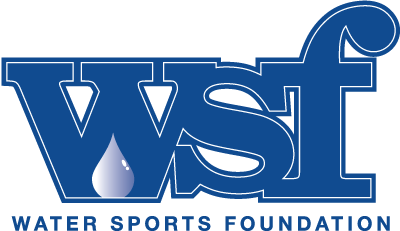

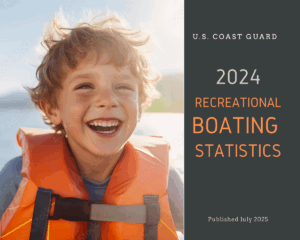

2 thoughts on “Water Sports Foundation Reports Pandemic Spike in Online Boater Education”
Comments are closed.